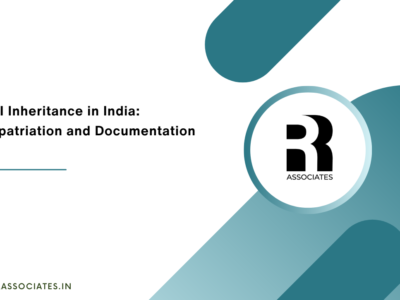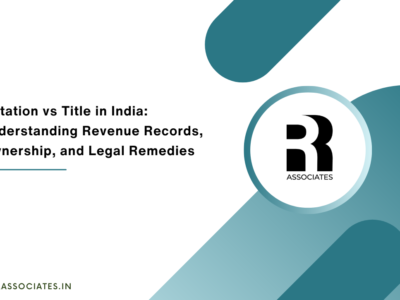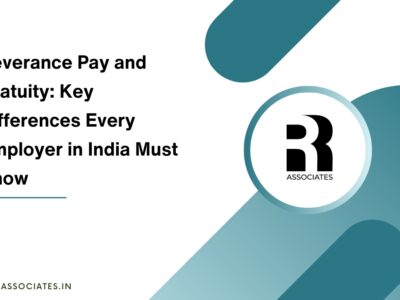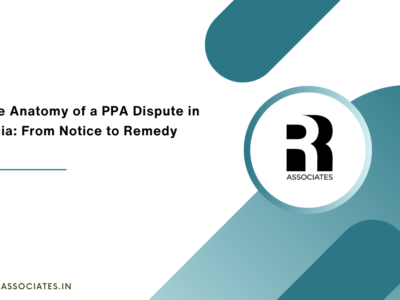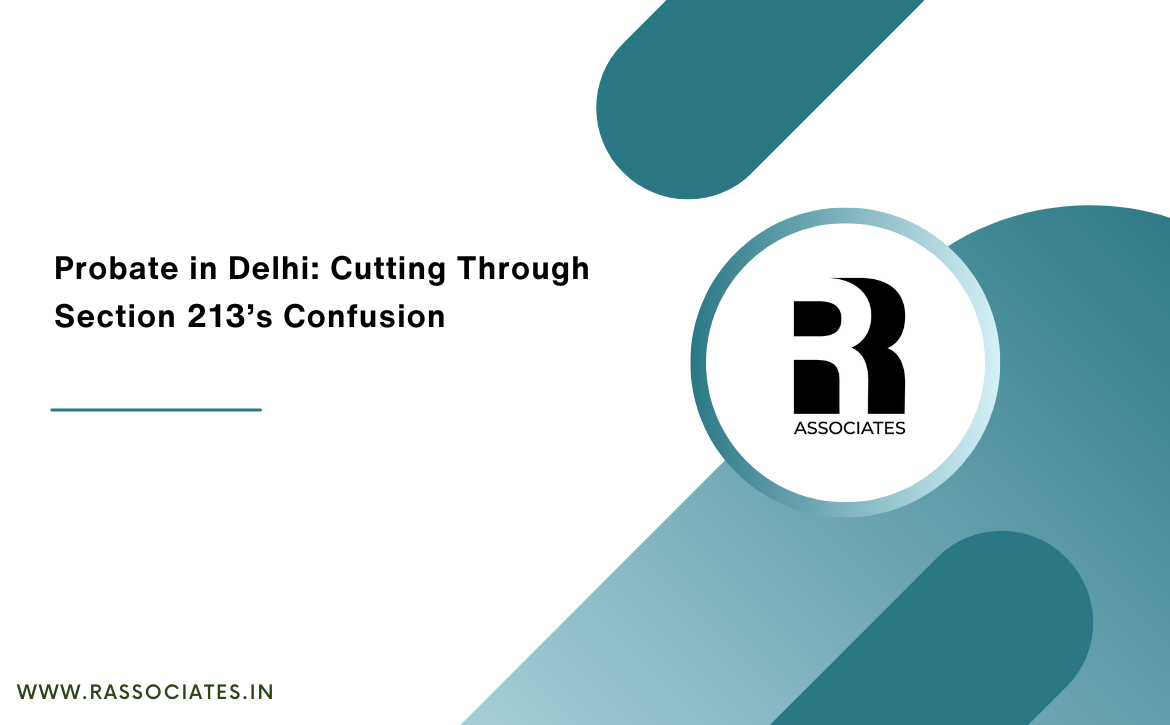
Probate in Delhi: Cutting Through Section 213’s Confusion
When someone passes away leaving behind a Will, the natural question is: Do you need probate to enforce it in Delhi? The answer is not always straightforward.
Probate is a certificate issued by a competent court under the Indian Succession Act, 1925. It is proof that the Will is genuine and that the executor named in it has authority to administer the estate. Once granted, probate is conclusive evidence of the validity of the Will against the world.
But here’s where confusion creeps in: Is probate always mandatory? If you ask ten people, you may hear two opposite answers. Some will insist that no Will has any effect unless probated. Others will tell you probate is almost never required in Delhi. Both views contain a grain of truth, because the key lies in Section 213 of the Indian Succession Act, read together with Section 57.
In practice, most Wills dealing with property in Delhi, especially for Hindus, Sikhs, Jains, and Buddhists, do not require probate. You can rely on such Wills directly in mutation proceedings or in civil suits. However, there are clear situations where probate is mandatory, such as when the property lies in Kolkata, Mumbai, or Chennai, or when specific religious or territorial conditions apply.
Section 213 of the Indian Succession Act
After understanding what probate is, the next step is to see why Section 213 causes so much debate in Delhi.
The section says:
“No right as executor or legatee can be established in any Court of justice unless a Court of competent jurisdiction in India has granted probate of the Will under which the right is claimed, or has granted letters of administration with the Will annexed.”
Read literally, it sounds like probate is always required before you can claim anything under a Will. But that isn’t the case. Section 213 is not a stand-alone rule—it must be read together with Section 57 of the Act, which restricts when the requirement applies.
The purpose behind Section 213 was historical. Under colonial law, probate was made compulsory for Wills in the three Presidency Towns—Calcutta, Bombay, and Madras—and for certain communities. The idea was to have strict judicial oversight in those territories to avoid disputes. Over time, these requirements were codified in the Indian Succession Act, 1925.
The result today is this: Section 213 creates a bar only in cases where Section 57 makes probate compulsory. Everywhere else, including most property matters in Delhi, a Will can be proved directly in court without probate.
This is why the Delhi position is unique—probate is available, but not mandatory in most cases.
Section 57: The Narrowing Provision
Section 57 of the Indian Succession Act, 1925, is the key that unlocks Section 213. Without it, you would think probate is universally compulsory. But Section 57 says otherwise.
It divides the applicability of the Act for Hindus, Buddhists, Sikhs, and Jains into three clauses:
- Clause (a): Applies to all Wills and codicils made by these communities within the territories of the former Presidency Towns—that is, Kolkata, Mumbai, and Chennai.
- Clause (b): Applies to all Wills and codicils made outside those towns but which relate to immovable property situated within those towns.
- Clause (c): Extends certain provisions (but not the probate mandate of Section 213) to all such communities throughout India.
When Section 213 Applies in Delhi
Although probate is generally not mandatory in Delhi, there are limited situations where Section 213 does apply. Understanding these exceptions is crucial, because if you miss them, your claim under a Will can be struck down at the threshold.
-
Property Located in Presidency Towns
- If a Will made by a Hindu, Sikh, Jain, or Buddhist in Delhi concerns immovable property situated in Mumbai, Kolkata, or Chennai, probate is compulsory before asserting any rights.
- Example: A Delhi resident executes a Will leaving behind a flat in South Mumbai. Even though the Will is made in Delhi, beneficiaries cannot claim ownership without first obtaining probate from a competent court.
- If a Will made by a Hindu, Sikh, Jain, or Buddhist in Delhi concerns immovable property situated in Mumbai, Kolkata, or Chennai, probate is compulsory before asserting any rights.
-
Wills Executed in Presidency Towns
- If a Will by these communities is executed in Mumbai, Kolkata, or Chennai, probate is required—even if the property is outside those cities.
- If a Will by these communities is executed in Mumbai, Kolkata, or Chennai, probate is required—even if the property is outside those cities.
-
Christians in Delhi
- For Christians, Section 213 has a wider sweep. Courts have consistently held that Christians cannot establish rights under a Will unless probate is obtained, irrespective of where the property lies.
- For Christians, Section 213 has a wider sweep. Courts have consistently held that Christians cannot establish rights under a Will unless probate is obtained, irrespective of where the property lies.
-
Parsis (Partly Covered)
- The position for Parsis is more nuanced: Section 213 applies only to Wills made within Presidency Towns or relating to property situated there. For Wills outside these circumstances, probate is not compulsory.
- The position for Parsis is more nuanced: Section 213 applies only to Wills made within Presidency Towns or relating to property situated there. For Wills outside these circumstances, probate is not compulsory.
-
Practical Triggers in Delhi
- Even when probate is not strictly required by law, certain authorities—like banks, development authorities (DDA/L&DO), or insurance companies—sometimes insist on probate or succession certificates for operational certainty. This is not a statutory requirement but a practical hurdle.
- Even when probate is not strictly required by law, certain authorities—like banks, development authorities (DDA/L&DO), or insurance companies—sometimes insist on probate or succession certificates for operational certainty. This is not a statutory requirement but a practical hurdle.
Conclusion
The law on probate in Delhi is often misunderstood because Section 213 appears absolute when read alone. But once coupled with Section 57, the picture becomes clear: probate is compulsory only for limited categories of Wills—primarily those connected to Kolkata, Mumbai, or Chennai, and for Christians (and partly Parsis). For the vast majority of Hindus, Sikhs, Jains, and Buddhists in Delhi, probate is not mandatory.
Filing an unnecessary probate petition wastes time and money; ignoring a mandatory probate trigger can derail a claim entirely. A careful, fact-specific approach ensures that inheritance rights in Delhi are enforced efficiently, without falling into the common traps of over-compliance or oversight.

